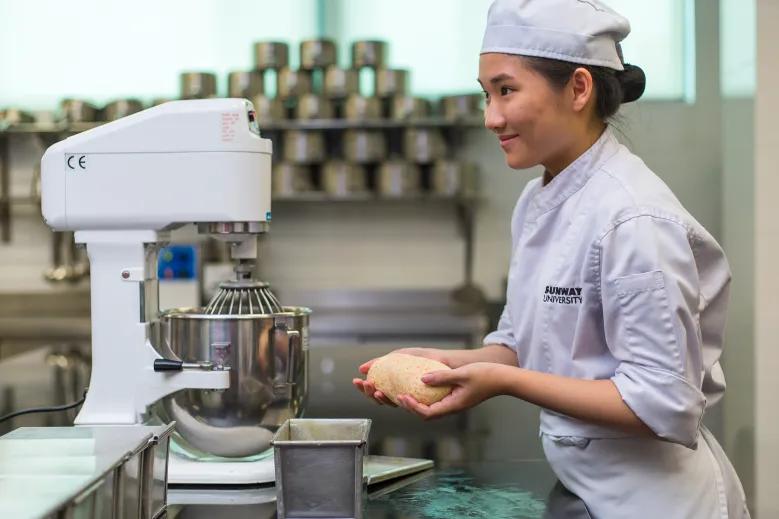The Great Reset in Hospitality Management Education: Identifying the Implications and Opportunities
According to the World Travel and Tourism Council, the tourism industry’s contribution to GDP declined globally by 49.1% since the start of the COVID-19 pandemic, with the Asia Pacific Region having the highest decline of 53.7%. This region also accounted for around 34.1 million estimated job losses. Some reports said that hotel occupancy rates reduced dramatically worldwide in 2020. Europe was the hardest hit with a decrease of 82.3% from the previous year.
Despite these gloomy facts, the green shoots of a recovery are emerging. Accor, one of the largest hotel operators in Australia and New Zealand, made moves to recruit at least 1,000 new positions across its 400 hotels and is working proactively with higher education institutions to produce hospitality internships. Meanwhile, airlines around the world are gradually expanding the number of seats between destinations and the number of routes is increasing their labour force accordingly. Ryanair, one of Europe’s largest airlines has revealed plans to recruit at least 2,000 new pilots over the next three years. In the longer term, the International Air Transport Association predicts that by 2037 there could be 8.2 billion passengers compared to 4.5 billion in 2019.
The hospitality industry’s future is bright and despite the present crisis, there is an industry-based expectation that because a significant proportion of the national population has not been able to consume the benefits of travel and hospitality for a substantial period, hospitality consumption will bounce back with a vengeance.
The hospitality industry is adept at turning adversity into a marketing advantage. For instance, the hotel sector has monopolised the domestic market by producing value-added staycation packages whilst restaurants quickly advanced their takeaway services. The event industry on the other hand became increasingly digitalised, and some airline companies have creatively produced alternative revenue streams, such as flights to nowhere for those who love flying and even home delivery of airline food. Singapore Airlines converted their aircrafts into stationary restaurants. Hospitality is a resilient industry and there are many skills requiring replication and development in hospitality education, instilling students with the values of imagination, open-mindedness and resourcefulness.
Soft skills are the core competencies that individuals require for working successfully in the hospitality industry, and are essential for career achievement. These skills are also vital to navigating challenging times, particularly critical thinking, emotional intelligence, responsiveness and problem-solving. Research from Harvard University, the Carnegie Foundation and Stanford Research Center indicated that 85% of job success is derived from soft skills rather than technical skills. Hence, the soft and technical skills taught at university are the best insurance for having a productive career.
The recovery of the hospitality industry is unlikely to be straightforward. Nonetheless, long-term growth is certain, as is the need for a rejuvenated labour force with the right skills. Education is one of the best investments in ensuring prosperity for individuals and nations. Starting a diploma or degree now will mean that students are perfectly placed to fill vacancies in two to four years when they graduate.
The pandemic has facilitated problematic scenarios for hospitality education to critically address. In revenue management, one challenge concerns how student learners deal with ways to ensure that hotels maximise revenue opportunities from each customer rather than focusing on the pre-pandemic principle of optimising occupancy rates. Hospitality education should thus focus on new skills and applied competencies. Students need to be astutely aware of how innovation and entrepreneurship are crucial for full-scale recovery, studying ways to increase revenue but at the same time being imbued with aspirations to change the hospitality industry landscape.
We see interesting trends developing in the industry, signifying how it is being transformed due to the pandemic’s impact. For instance, the foodservice sector in the US experienced a rise in Al Fresco dining, which is healthier because of exterior ventilation. We have also witnessed virtual restaurant brands operating out of ‘ghost kitchens’– also known as ‘cloud kitchens’ or ‘virtual kitchens’. The pandemic implicated safety regulations and environmental sustainability concerns which are imperative for the industry’s future.
Professor Marcus Stephenson
School of Hospitality & Service Management
Email: @email
Professor Peter Heard
Chancellery Office
Email: @email
This article was first published in Business Today, September 2021, Volume 21, Issue 8.




